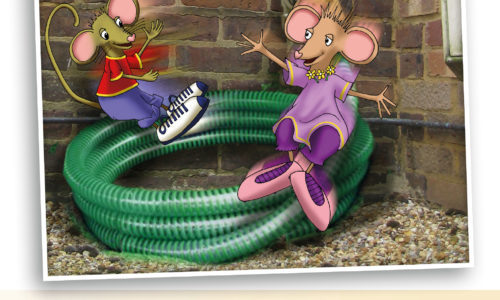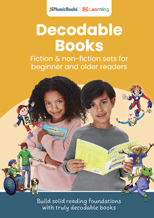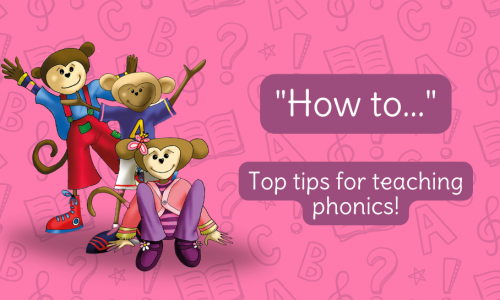
Decodable books have a very specific and limited purpose in the process of learning to read. They provide reading practice as children learn to use the sound/letter correspondences they have been taught, and the strategy of blending sounds throughout the word. As their code knowledge grows, children will be able it to apply this to […]
Read More




